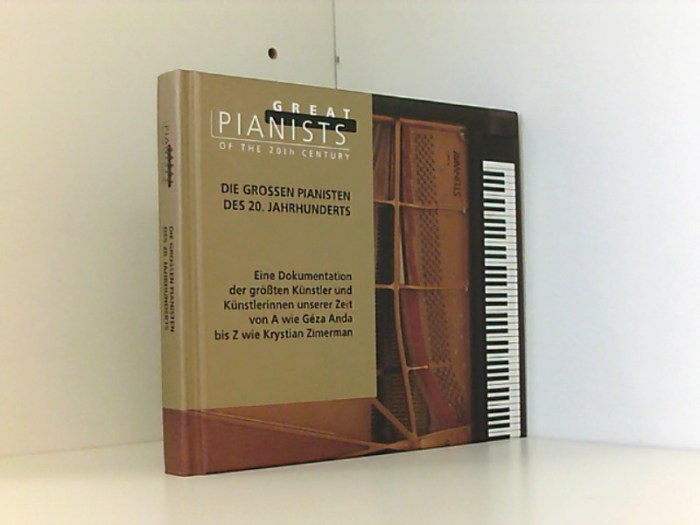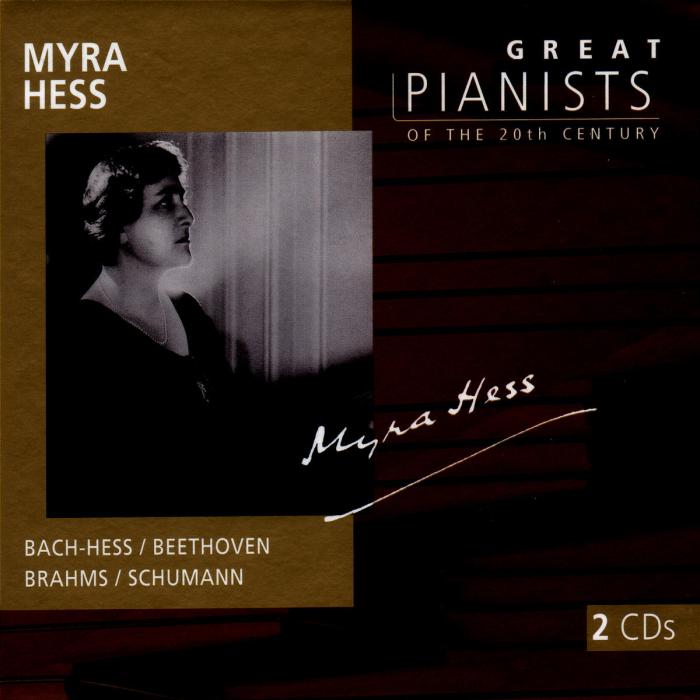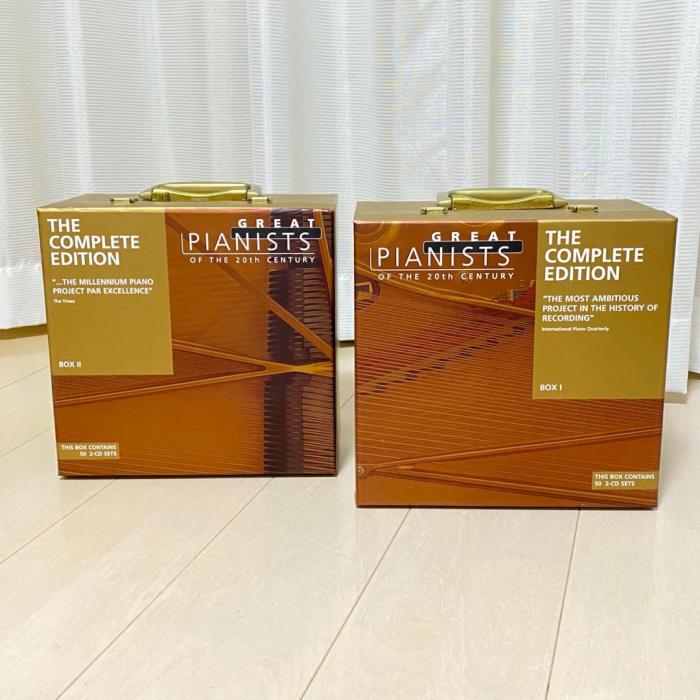The nineteenth century was an age of great virtuoso pianists. With the rise of the piano as a solo instrument and the development of new techniques and innovations, pianists achieved celebrity status and left a lasting legacy on the world of music.
This period saw the emergence of some of the most famous pianists in history, including Franz Liszt, Frédéric Chopin, and Sergei Rachmaninoff. These virtuosos captivated audiences with their technical brilliance, emotional intensity, and innovative approaches to the instrument.
The Golden Age of Virtuosity

The 19th century witnessed an unprecedented explosion of virtuoso pianists, captivating audiences with their extraordinary technical prowess and expressive interpretations. This golden age was fueled by several key factors:
- Technological advancements: Improvements in piano design, such as the introduction of the iron frame and double escapement, enabled pianists to produce a wider range of dynamics and control over the instrument.
- Increased demand for entertainment: The growing popularity of public concerts and the rise of the middle class created a demand for virtuosic performances.
- Musical education: The establishment of conservatories and music academies provided a structured training ground for aspiring pianists.
Notable virtuoso pianists of this period included:
- Franz Liszt: Known for his flamboyant style, technical brilliance, and innovative compositions.
- Frédéric Chopin: Celebrated for his poetic and lyrical playing, as well as his innovative use of rubato and ornamentation.
- Clara Schumann: A renowned virtuoso and composer, known for her exceptional technical ability and emotional depth.
These pianists developed and mastered techniques such as rapid arpeggios, intricate passagework, and dynamic contrasts, which became defining characteristics of the virtuoso style.
The Impact of Technology on Piano Performance

Technological advancements in piano design and manufacturing during the 19th century had a profound impact on piano performance:
- Iron frame: The introduction of the iron frame in the early 19th century provided the piano with greater structural stability, allowing pianists to play with more power and control.
- Double escapement: This mechanism enabled pianists to repeat notes more rapidly and evenly, enhancing their technical capabilities.
- Extended keyboard range: The addition of extra keys at both ends of the keyboard expanded the range of notes available to pianists, allowing them to explore new musical possibilities.
These advancements not only enhanced the technical capabilities of pianists but also influenced their playing styles. Virtuosos such as Franz Liszt exploited the increased power and range of the piano to create performances that were both dazzling and expressive.The piano’s emergence as a solo instrument was further solidified during this period.
Solo piano recitals became increasingly popular, showcasing the virtuosity and artistry of individual pianists. This led to the development of concert culture centered around the piano, with virtuoso pianists becoming celebrities and attracting large audiences.
The Virtuoso Pianist as a Cultural Phenomenon

In the 19th century, virtuoso pianists achieved celebrity status, becoming cultural icons and objects of fascination.
- Social and cultural factors: The rise of the middle class and the increasing popularity of public entertainment created a demand for virtuosic performances.
- Media attention: Newspapers and magazines widely reported on the lives and performances of virtuoso pianists, further fueling their fame.
- Celebrity culture: The 19th century saw the emergence of celebrity culture, with virtuoso pianists becoming some of the first celebrities in the modern sense.
Virtuoso pianists had a significant impact on the development of musical taste and appreciation. Their performances inspired audiences, influenced composers, and raised the standards of piano playing. They played a crucial role in popularizing classical music and making it accessible to a wider audience.
The Legacy of 19th-Century Virtuoso Pianists
The legacy of 19th-century virtuoso pianists continues to influence piano performance today:
- Technical innovations: The techniques and innovations developed by virtuoso pianists of the 19th century, such as rapid arpeggios and dynamic contrasts, have been passed down to subsequent generations of pianists.
- Performance standards: The high standards of performance established by virtuoso pianists of the 19th century continue to be the benchmark for pianists today.
- Inspiration: Contemporary pianists continue to be inspired by the virtuosity and artistry of 19th-century pianists, studying their recordings and performances to enhance their own playing.
Examples of contemporary pianists who have been inspired by the virtuoso pianists of the 19th century include:
- Lang Lang: A Chinese pianist known for his dazzling technique and charismatic performances.
- Evgeny Kissin: A Russian pianist celebrated for his exceptional musicality and emotional depth.
- Yuja Wang: A Chinese pianist renowned for her virtuosity and innovative programming.
These pianists, among many others, carry on the legacy of the 19th-century virtuoso pianists, inspiring audiences with their extraordinary talent and artistry.
FAQ Compilation: The Nineteenth Century Was An Age Of Great Virtuoso Pianists.
Who were some of the most famous virtuoso pianists of the nineteenth century?
Some of the most famous virtuoso pianists of the nineteenth century include Franz Liszt, Frédéric Chopin, Sergei Rachmaninoff, Ignaz Moscheles, and Anton Rubinstein.
What factors contributed to the rise of virtuoso pianists in the nineteenth century?
The rise of virtuoso pianists in the nineteenth century was due to a number of factors, including the development of the piano as a solo instrument, the rise of the concert culture, and the increasing popularity of virtuoso performances.
How did the virtuoso pianists of the nineteenth century influence the development of music?
The virtuoso pianists of the nineteenth century had a profound influence on the development of music. They helped to popularize the piano as a solo instrument, and their innovative techniques and approaches to performance influenced the way that music was written and performed.